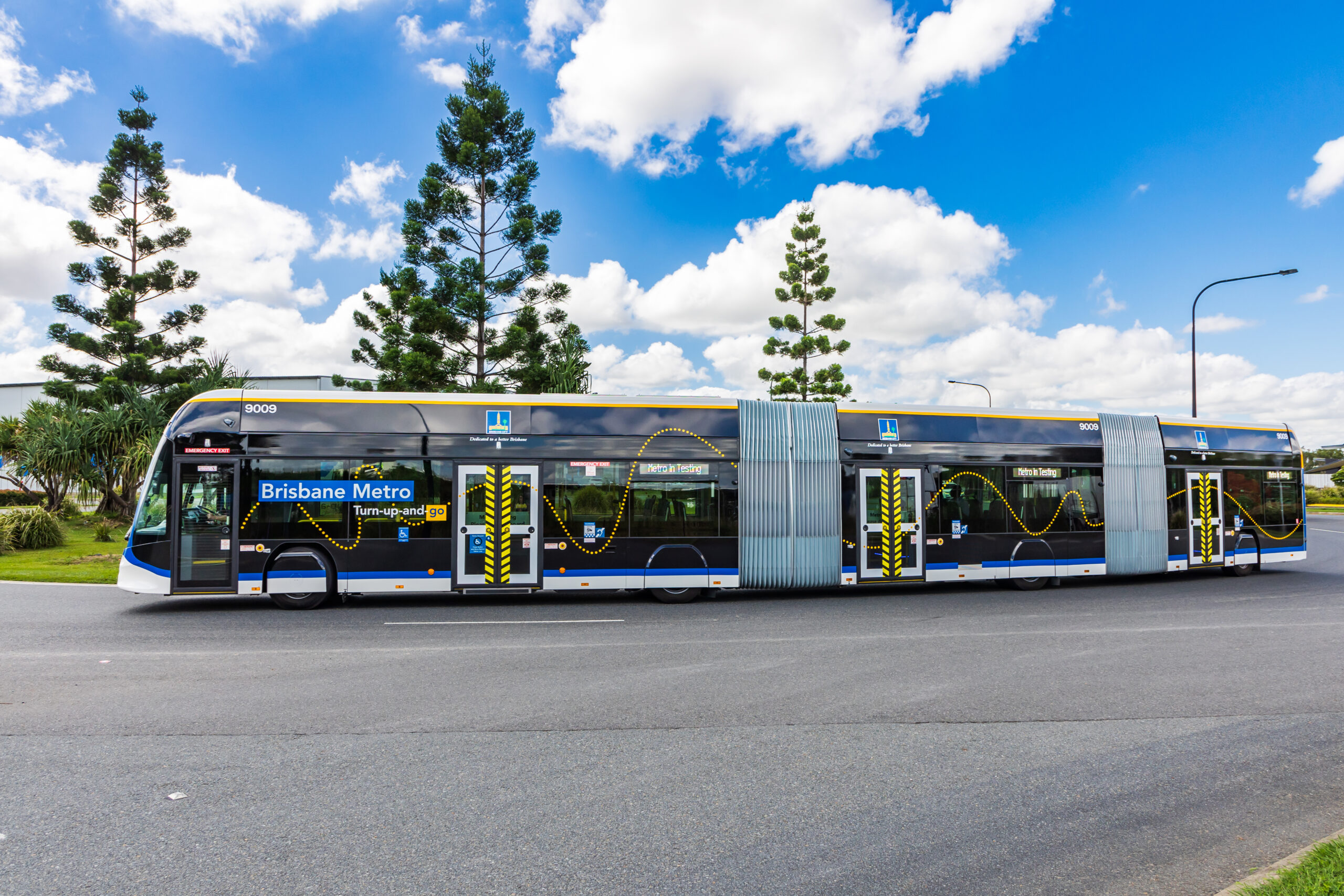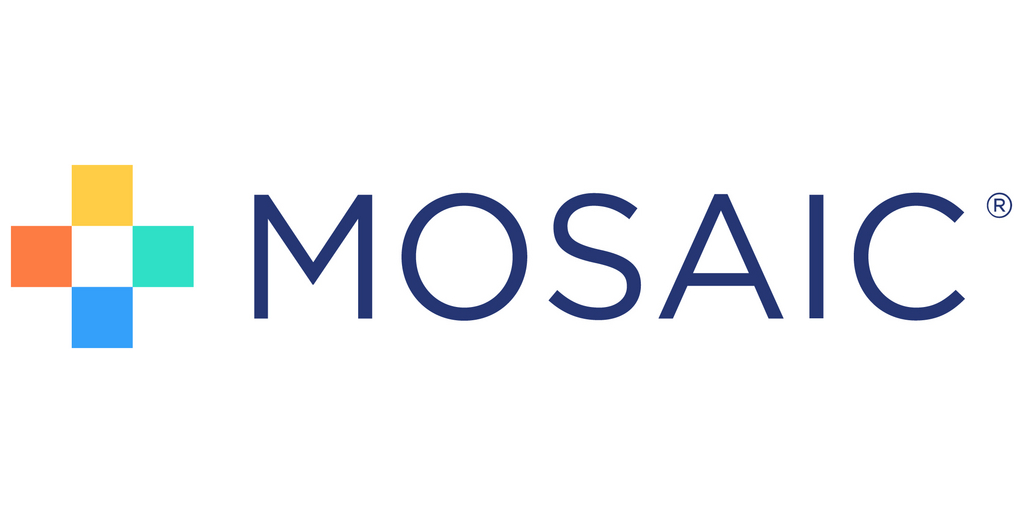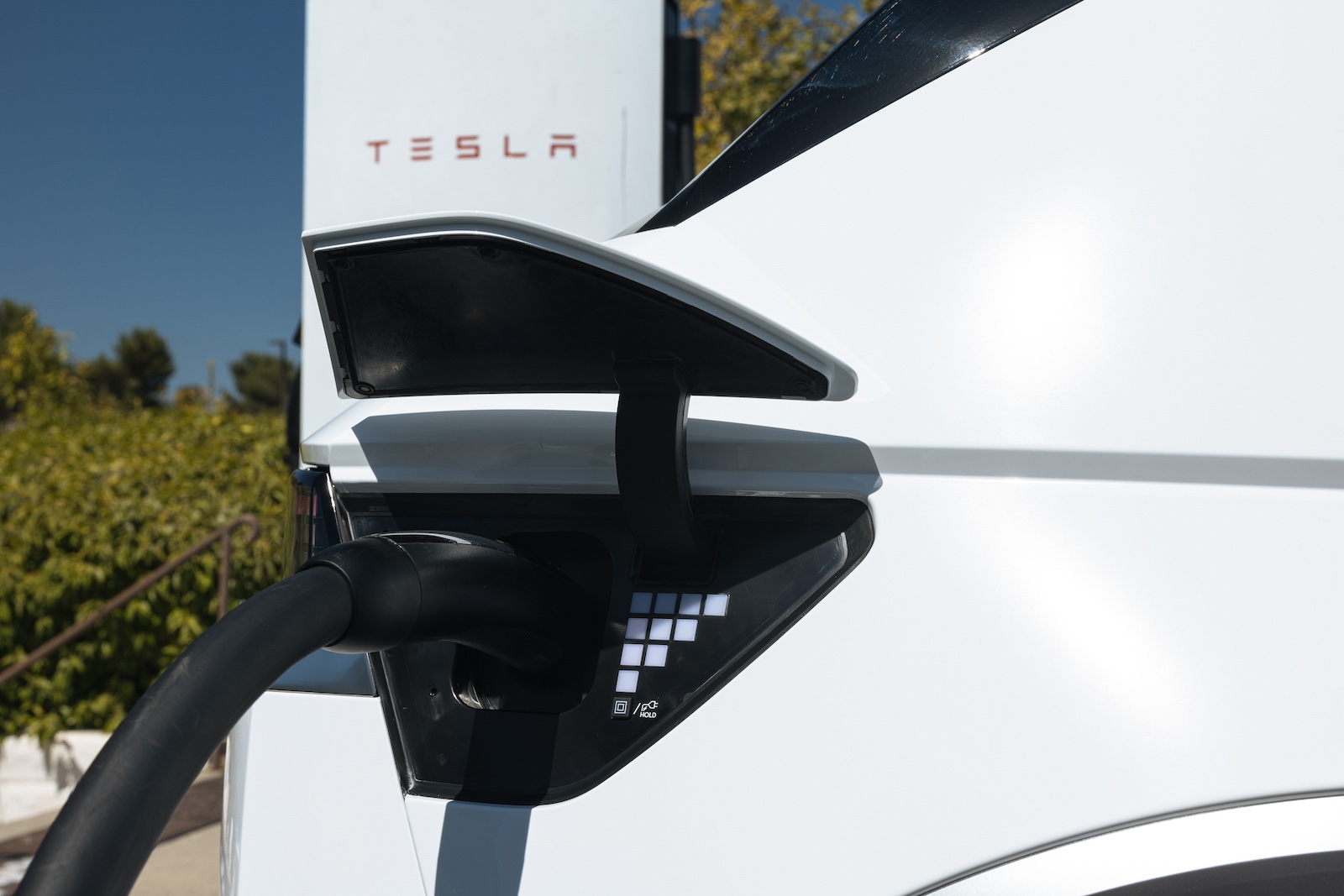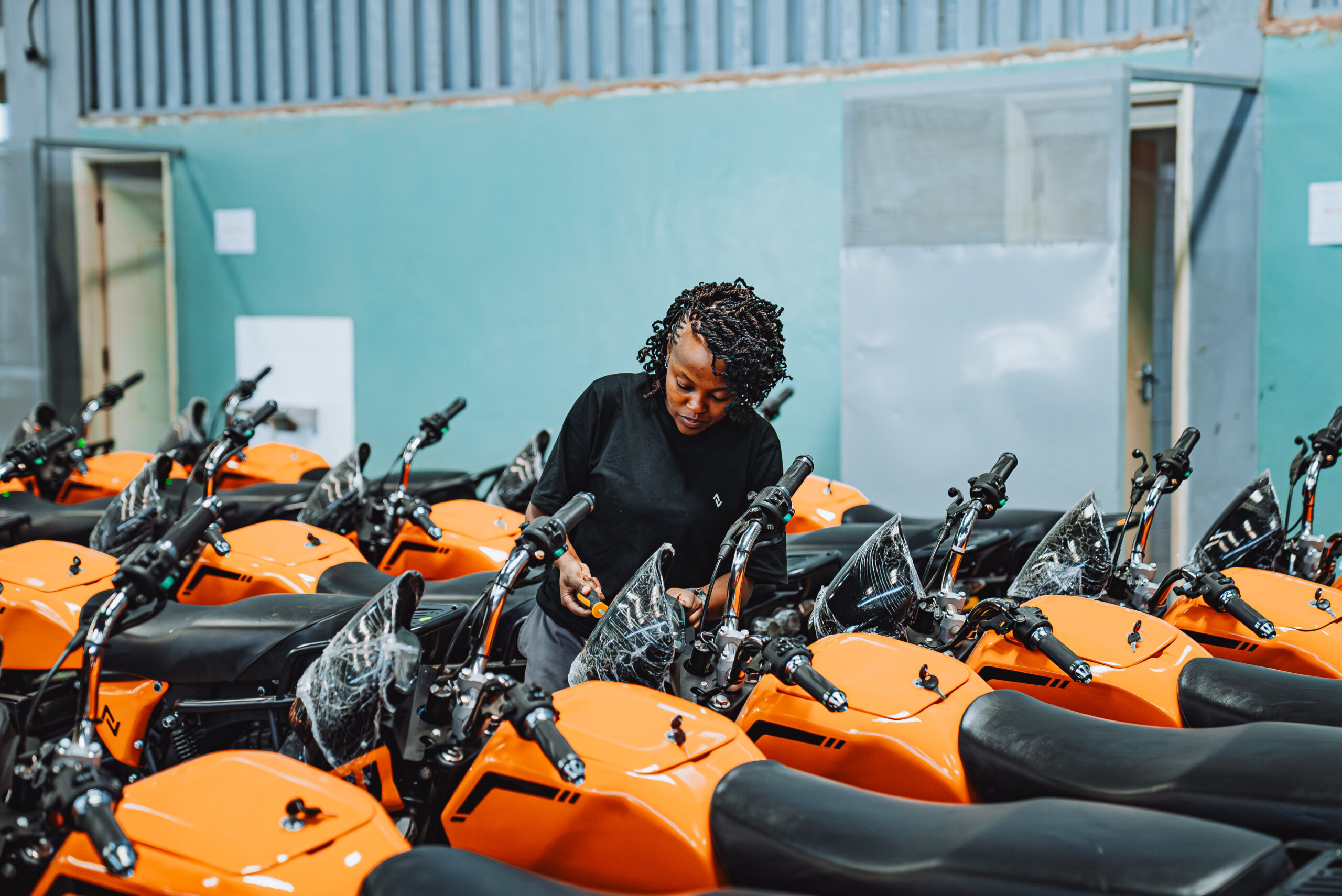Sign up for daily news updates from CleanTechnica on email. Or follow us on Google News!
Morocco is playing an increasingly important role in the global transition to electric mobility. The country has a robust manufacturing sector, the necessary expertise, high renewable energy potential, raw material sources, and a strategic location. These qualities are increasingly attracting the attention of international companies and play a key role in shaping the future of electric mobility worldwide.
Currently, China is the leader in electric vehicle (EV) and battery production, with a 60 percent market share. The United States is also stepping up its efforts, thanks to Tesla’s long-standing tireless work. European companies are lagging behind, but are working hard to close the gap with their competitors. In this context, Africa’s efforts remain unnoticed, but the continent has enormous potential.
In order to achieve a successful transition to electric mobility in Africa, it will be necessary to fully tap into the socio-economic development potential, growing demand, and strategic development of local value chains. To do this, it will be necessary to exploit all of Africa’s existing advantages of location, renewable energy, raw materials, and innovation dynamics.
Morocco’s Role in Global Electromobility
Morocco is increasingly positioning itself as a key center of strategic influence in the changing landscape of the transition to electric mobility. The country’s role continues to grow along with the investments being made in it. Morocco has established itself as a leading power in the African automotive sector, having overtaken South Africa in 2018 as the largest car manufacturer on the continent. Taking advantage of the availability of raw materials, the country has established itself in the production of batteries. In addition, Morocco is actively forming new strategic partnerships in the EV and energy sectors, placing the country at the forefront of 21st-century economic policy.
Automotive Manufacturing
Morocco has a strategic ambition to build up the country’s automotive industry. To this end, the country has created policies such as the Industrial Acceleration Plan 2014–2020. Along with this, automotive cities such as Kenitra and Tangier are being established. Renault and Stellantis have built factories there, as well as an extensive network of around 250 Tier 1 and 2 suppliers such as Afrique Cables, Denso, Lear, Saint-Gobain, Snop, Takata, Denso, and Valeo. Thanks to these efforts, Morocco has become a leading automotive manufacturing hub in Africa. The country has an annual production capacity of around 700,000 vehicles, up from less than 60,000 vehicles in 2010. By 2025, capacity is expected to grow to 1 million vehicles, and by 2026 to 1.5 million.
Electric vehicle production in Morocco is still in its infancy. The country currently produces between 40,000 and 50,000 electric vehicles per year, including the Fiat Topolino, Opel E-Rocks, and Citroën Ami mini-EVs. However, Morocco’s electric vehicle production capacity is expected to increase to around 100,000 units by 2025. By 2030, electric vehicles produced in Morocco are expected to account for up to 60 percent of all cars exported, according to the Ministry of Industry and Trade.
Investments in Morocco
The potential that Morocco has (combined with the incentives deployed by the government) is attracting significant investment in the EV sector. On September 9, Falcon Energy Materials plc of the United Arab Emirates announced a strategic partnership with China’s Hensen Graphite & Carbon Corporation to jointly develop an anode plant in Morocco. The agreement will allow the companies to develop a “process flow sheet to produce CSPG that meets all end-user quality requirements while promoting industry-leading transparency and sustainability standards,” according to a press release from Falcon Energy.
In addition, Morocco has become a base for a number of Chinese companies looking to develop in the field of e-mobility. The country has entered into strategic partnerships that aim to create a solid foundation for the electric vehicle industry and supply chain, which will open up a sustainable and technologically advanced automotive future. Investments in the country from these agreements are worth about $10 billion.
Li Changlin, China’s Ambassador to Morocco says the country is an attractive partner in the auto industry:
“For the Chinese, Morocco has some advantages compared to other countries. Not only is it well situated geographically, but it has a stable economic, social and political environment with a qualified and not expensive workforce. Also, the country adopted a new investment charter last year. All these conditions favored important investments by Chinese enterprises in Morocco.”
- Jiangsu BTR New Material Group Co., Ltd. has a plan to build a factory in the Mohammed VI Tanger Technopark City to produce materials for lithium battery cathodes with an annual production capacity of 50,000 tons. There is a planned investment of $500 million. Production is scheduled to begin in 2026.
- CNGR Advanced Material Co., Ltd. plans to produce battery materials for over 1 million EVs annually in the Jorf Lasfar Park, including 120,000 tons of cathode precursor materials, 60,000 tons of lithium, iron, phosphate, and 30,000 tons of black mass recycling. The planned investment is $2.3 billion (jointly with Al Mada Group).
- Hunan Zhongke Shinzoom Technology Co., Ltd. plans for factory construction in the Mohammed VI Tanger Technopark City to produce materials for lithium battery anodes. It plans an investment of up to $490 million.
- Gotion High-Tech Co., Ltd. plans for gigafactory construction in Kenitra to produce EV batteries and energy storage systems with an initial production capacity of 20GWh with plans to 100 GWh (MoU signed in June 2023, investment agreement with the Moroccan government was signed on June 6, 2024.). Total investment of $6.5 billion is planned.
- Guangzhou Tinci Materials Technology Co., Ltd. plans for factory construction to produce materials for lithium-ion batteries with an annual production capacity of 200,000 tons (start of production 2026). Planned investment is about $280 million.
- Huayou Cobalt with LG Chem Ltd. plans for lithium salt processing plant construction with an annual capacity of 52,000 tons (start of production 2025), and MoU was signed in September 2023. Huayou Group’s subsidiary, Youshan, in partnership with LG Chem Ltd., plans for factory construction to produce 50,000 tons of lithium phosphate-iron (LFP) cathode materials annually for 500,000 entryclass EVs (start of production 2026) for LFP battery production in LG Energy Solution Ltd.’s Arizona-based plant.
- Zhejiang Hailiang Co., Ltd. plans for factory construction to produce lithium-battery copper foil with a capacity to produce 50,000 tons of alloy, 35,000 tons of pipe, 40,000 tons of rod, and 25,000 tons of foil annually for export to Europe, America, MENA, and Africa. Planned investment is about $288 million.
Morocco’s Challenges in the Electric Vehicle Sector
While Morocco continues to attract investment in the electric vehicle sector, the country still needs to take several steps to attract domestic consumers to buy EVs. First, it is necessary to conduct ongoing public awareness campaigns on the benefits of electric vehicles. At the moment, this is still a new technology and some barriers to its adoption remain. The Moroccan government has already launched a national communication campaign focusing on the environmental impact as well as low maintenance costs, which is a very positive step. It has also introduced attractive tax incentives for the purchase of electric vehicles.
Another important challenge is the development and subsequent expansion of the charging infrastructure. At the moment, there are about 1,000 charging stations in the country. However, most of them are located in large cities. Morocco has announced the installation of 2,500 new charging stations by 2026, a major step of progress. They will be distributed in such a way as to meet the needs of electric vehicle drivers, both in number and location. More charging stations will make electric vehicles more attractive for public adoption.
Conclusion
Morocco has already established itself as a rapidly growing player in the electric vehicle market. Its strategic geographic location, access to renewable energy, skilled workforce, and expertise in the automotive industry are attracting increasing investment. The Moroccan government is responding and taking concrete measures to support the development of the sector and to encourage the public to switch to electric vehicles. The combination of all these factors is helping transform Morocco into a major industrial hub for the automotive industry, providing opportunities to benefit from the growth in global demand for electric vehicles.
Featured image from telenor IoT
By Eva Fox
Have a tip for CleanTechnica? Want to advertise? Want to suggest a guest for our CleanTech Talk podcast? Contact us here.
Latest CleanTechnica.TV Videos
CleanTechnica uses affiliate links. See our policy here.
CleanTechnica’s Comment Policy





